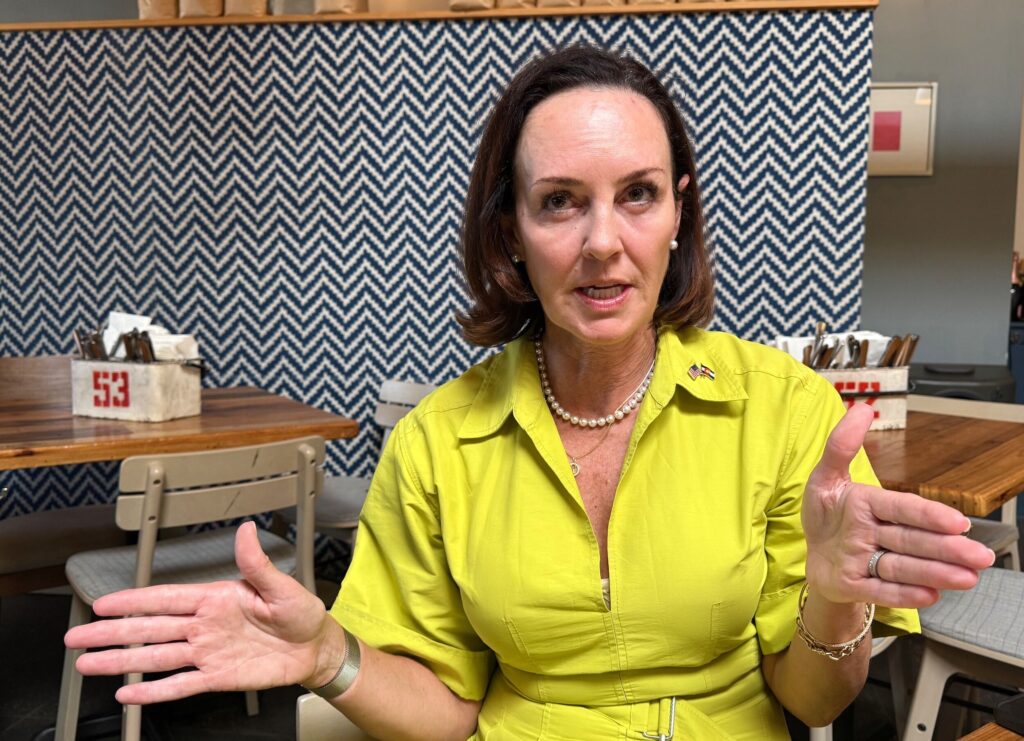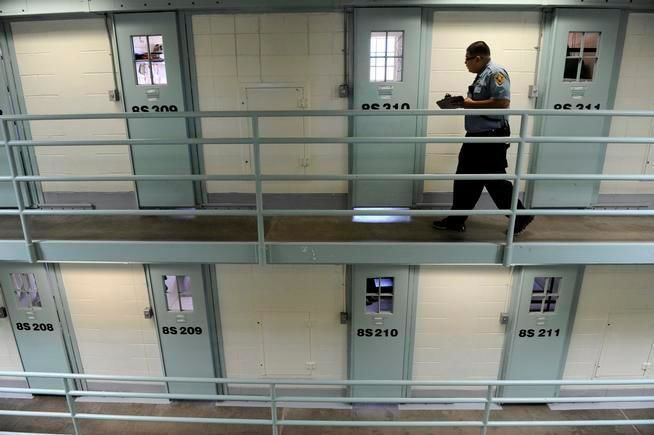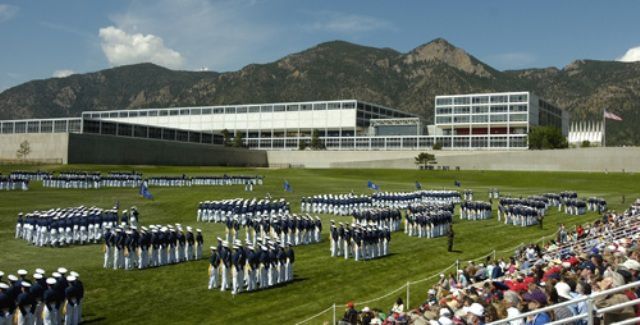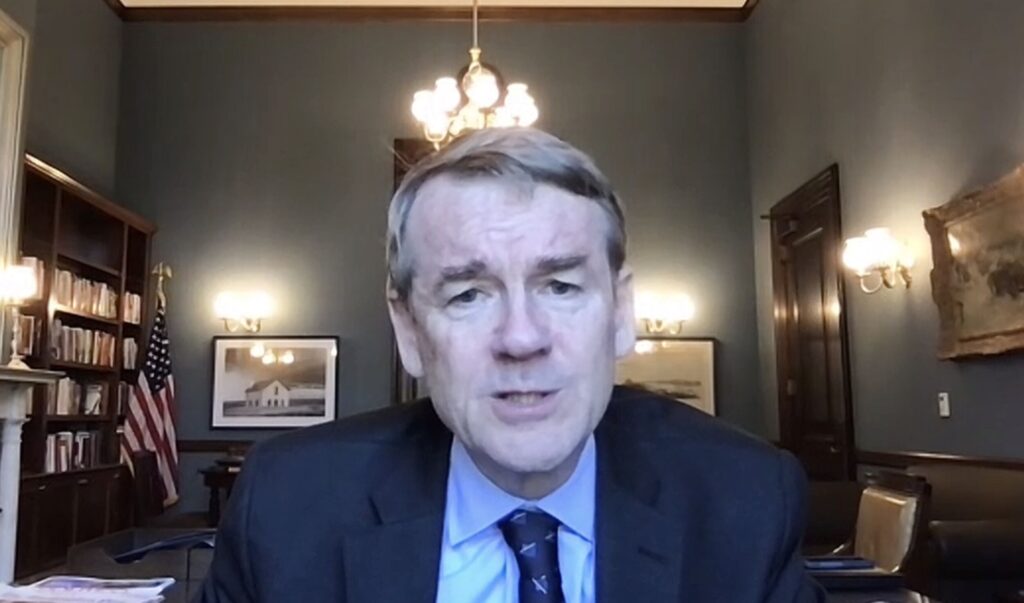The Colorado Springs Gazette: Disrupt the left’s academic monopoly (something good happening at CU-Boulder)
Headlines about liberal bias in higher education read like “The sun rises in the east.”
A weekend headline in the Boulder Daily Camera said “CU Boulder grapples with plummeting support of higher education among conservatives.”
The story analyzed a Pew Research study that showed right-of-center support for higher education dropping 18 points in just the past two years, with 58 percent of Republicans saying education has a negative impact on the country. Only 19 percent of Democrats feel the same.
“CU administration is well-aware of the study’s findings and agrees the results are a troubling sign of the times that shouldn’t be ignored,” the Camera reports.
Here’s the good news. Among public universities, no campus does more than CU-Boulder to combat academic bias and promote an environment safe for the free exchange of ideas.
Regent Heidi Gahahl wants fellow regents to join her in creating a policy to clarify free speech rights on all CU campuses, prohibiting censorship of social, political, academic, or artistic speech no matter how offensive anyone deems it.
That would be a great complement to a five-year-old program that is winning hearts and minds among CU-Boulder faculty and students. Other universities throughout the country want to replicate CU’s Conservative Thought and Policy Program, a veritable affirmative action plan for conservative scholars the campus launched in 2013 to promote intellectual diversity on campus.
Author and scholar Robert Kaufman, the fifth and current visiting scholar, met with The Gazette’s editorial board recently to discuss the program.
Kaufman earned his juris doctor from Georgetown, his bachelor’s and two masters’ degrees from Columbia, and an advanced law degree in dispute resolution from Pepperdine University School of Law.
“When I was at Georgetown Law in 1980, I had a Reagan button on and they thought I was certifiable,” Kaufman said. “The day after Reagan won, there was a sense on campus of ‘how did this happen?’ Academics didn’t know anybody who voted for him. At university campuses, and other elite places, there is almost a deja vu in that phenomenon today. When we don’t have intellectual debate at the highest levels, with a broad range of ideas, the kettle is going to boil over in anger rather than in rational discourse.”
Kaufman said the conservative thought program works because it brings in first-rate academicians as “happy warriors” with ideas unique to higher education.
“We don’t have a chip on our shoulder. We engage,” Kaufman said. “We like students and the university atmosphere. If you’re going to be an apostle for why you have to take these ideas seriously, you want credible people who have appealing temperaments, rather than flame throwers who are angry and bitter.”
Kaufman said he and other visiting scholars have grounded their teachings in “Western tradition.”
“People forget, our Founding Fathers considered intellectual freedom the most important freedom we have,” Kaufman said. “We’re the only country in the world, in history, in which Article 1 of our Constitution protects intellectual property. That has been the wellspring of our comparative advantage in anything. American universities are still the flagship of the world. But, if we surrender our birthright to the mood of the moment, we sacrifice what is essential to all our freedom and we sacrifice a huge comparative advantage to other countries.”
When Trump praised Western culture for inspiring innovation, art, and music, journalists and other left-wing activists called the speech dog-whistle racism.
Universities “doubled down” on that theme, Kaufman said, but will likely lose the debate over time.
“Universities are going to have to come to terms with this in a way that’s constructive, rather than destructive,” Kaufman said.
The Conservative Thought and Policy Program might be the impetus for a return of academic and intellectual freedom on campus. It is a long game of disruption, which could eventually break up an ivory tower monopoly.
“This is a template for a national program, and a national movement,” Kaufman said. “You have all the fundamentals here: a great university president, an enlightened academic administration, and a very good board of regents. It is a positive perfect storm.”












